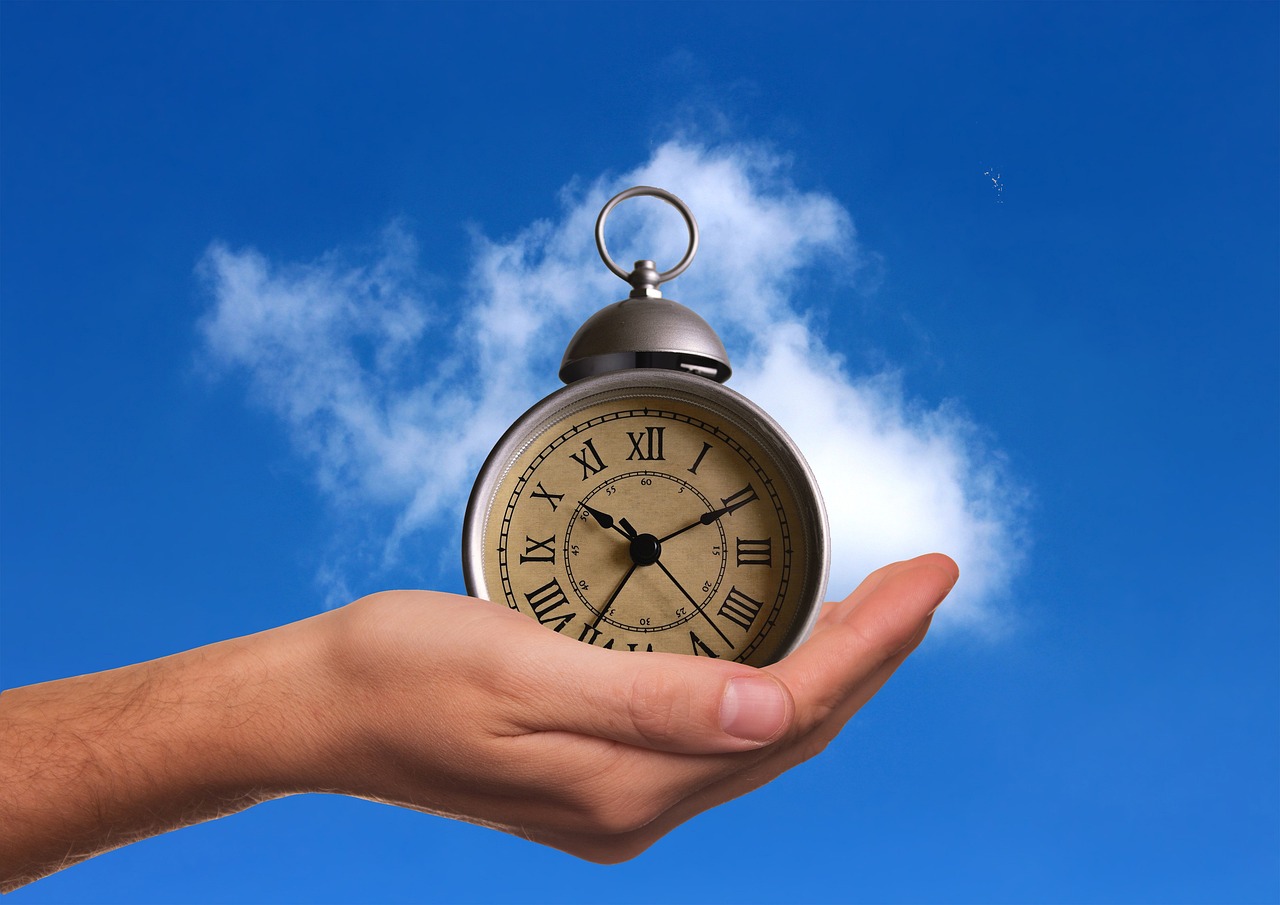The time for wine is a feeling akin to switching off one’s phone (or sloughing off one’s work persona), marking a point in the day when one’s behaviour for a period of time will be determined by the consumption of alcohol (and its effect). Wine time includes the anticipation of uncorking a bottle and feeling the first liquid of the day pass your lips and the moment you utter that sigh to denote the alcohol has hit the spot.
If the wine is more important than a mere catalyst for irreverent inebriation, then time, or rather timing, is one of the more unheralded aspects of tasting and enjoyment. Timing is when the joining moment for you and the wine is as perfect as it ever will be. It is one thing, after all, to crave wine and to believe that it will taste great because that craving is being assuaged (and perhaps the wine will indeed perform that function perfectly), but it is also about recognising that deferring gratification can play a role in the taste of the wine. Tasting wine is not always about diving straight in. The choice of glass, one’s posture even, and a host of little rituals set the scene for appreciation.
Wine time includes the anticipation of uncorking a bottle and feeling the first liquid of the day pass your lips and the moment you utter that sigh to denote the alcohol has hit the spot.
Knowing one’s body clock helps in assessing the best time to taste and drink wine. With taste buds unclogged by extraneous flavours, beginning to feel hungry (and therefore thirsty), my palate is usually most acute in mid-morning and towards lunchtime. Because my senses are at their sharpest at this time of day, I am also at my most analytic and judgmental. Which is good for tasting and assessment. I am also conscious that a large portion of the day remains in which work has to be done! Subconsciously, therefore, I am less willing to submit to the lure of pleasure.
My body clock (here acting as a reward system) also tells me to “feel” that 6.00 pm is when I deserve to enjoy wine as a relaxant. My palate is less sensitive; yet I am more open to pleasure. Drinking wine symbolically is sloughing off the demands of the day. The first hit is usually the best – it cools you down and warms you up at the same time.
Thereafter, tasting enjoyment peaks or plateaus. Above a certain amount, and after a certain time, I become conscious of the effects of alcohol and eventually the pleasure given by a wine (or wine in general) diminishes. Adaptation occurs, followed by palatal exhaustion.
Drinking wine symbolically is sloughing off the demands of the day
Drinking well involves listening to what your mind and body are telling you. Enjoyment of wine is generally diminished for various personal physiological and psychological reasons – as well as extraneous environmental factors. From your health and mood at a given time, how tired you are to the quality of the light, how noisy the environment is, all these factors combine to shift one’s unconscious impressions of the wine in question.
Every wine has its own time. A glass of wine contains a complex mixture of chemical compounds, with endlessly shifting aromas and textures. As these slow mutations take place, the wine may become more balanced and more appealing to your palate. Sensing the wine is discovering the moment where there is an alignment between the wine and the taster, wherein the former yields – and the latter responds. Timing is when one is alert enough to recognise the qualities of the wine and relaxed enough to enjoy the pleasures it affords.



